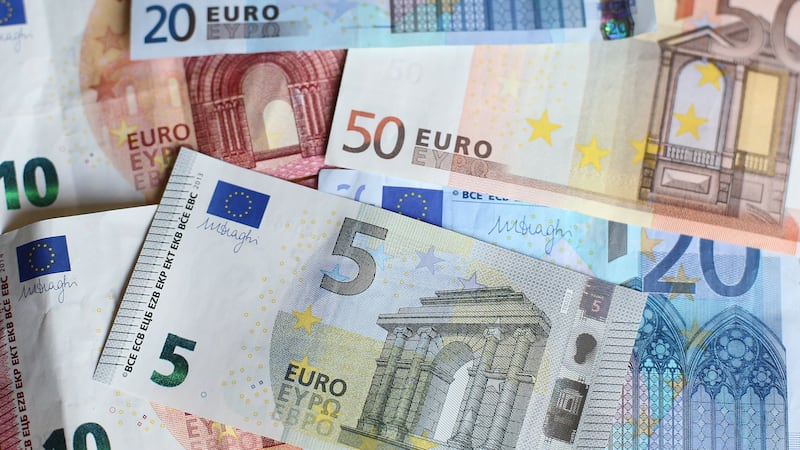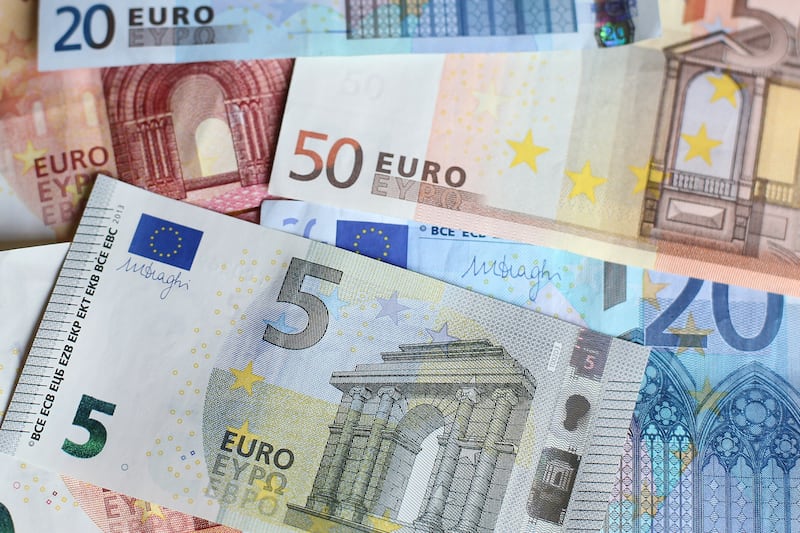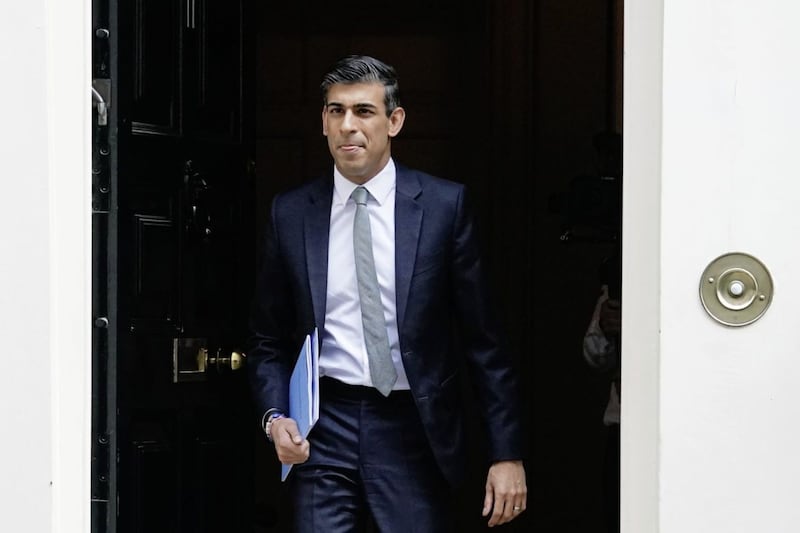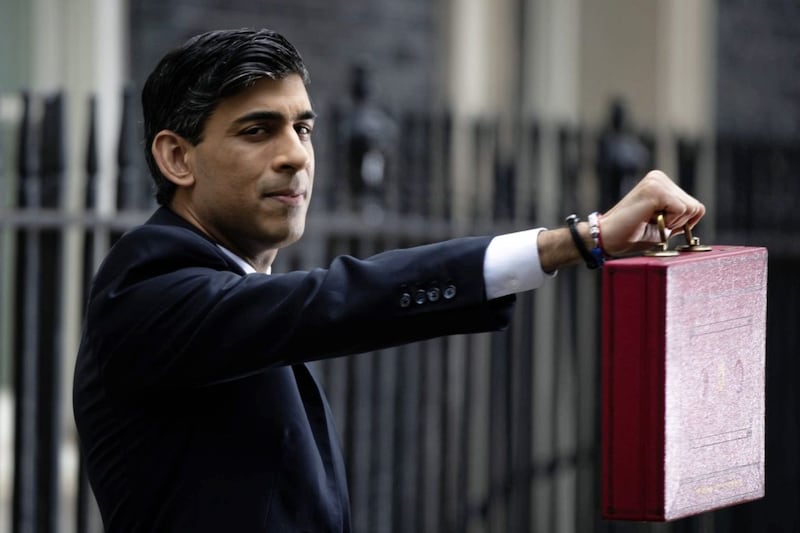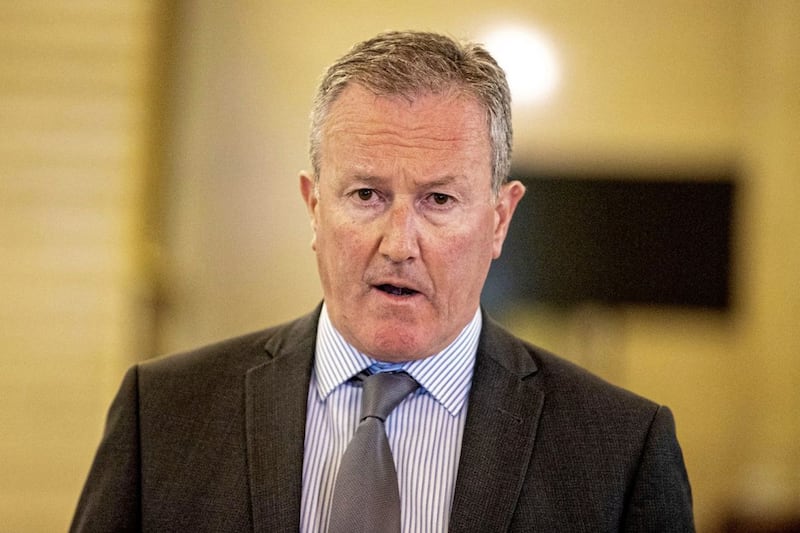A slowdown in the rate of inflation in Ireland has been welcomed by minister for finance Michael McGrath.
An EU flash estimate indicates that prices rose in Ireland by 3.6% in the year to October, down from a rate of 5% in the 12 months to September.
Energy prices in Ireland fell by an estimated 0.3% in the month and decreased by 4.2% over the 12 months to October, according to the EU Harmonised Index of Consumer Prices (HICP).
Food prices are estimated to have grown by 0.2% in the last month and increased by 6.7% in the last 12 months.

The rate of inflation, excluding energy and unprocessed food, is estimated to have risen by 4.6% in a year.
The figures also indicated that prices in Ireland had increased by 0.2% between September and October.
There was an annual increase of 4.9% in the HICP for eurozone countries in the 12 months to October.
Mr McGrath welcomed what he said was a “significant easing” to the rate of inflation.
“Annual HICP inflation is estimated at 3.6% in October, the lowest annual rate of increase since August 2021,” he said.
“Compared to this time last year, the inflation rate has fallen by almost six percentage points.
“The easing in inflation, driven by a fall in energy prices, is a welcome development for households and businesses throughout the country. As the fall in wholesale energy prices is passed on at the retail level, we can expect headline inflation to ease further in the months ahead.
Prices in Ireland estimated to have risen by 3.6% in the 12 months to October 2023https://t.co/YhZBacE1jU#CSOIreland #Ireland #FlashEstimates #Estimates #CPI #ConsumerPrices #Inflation #Deflation #Prices #BusinessStatistics #Business #BusinessNews #IrishBusiness pic.twitter.com/K9SPcMPHvw
— Central Statistics Office Ireland (@CSOIreland) October 27, 2023
“I am conscious that core inflation – excluding energy and food prices – is still elevated at just over 4.5 per cent. This largely reflects ongoing capacity constraints with the economy operating at full employment.
“Looking ahead, core inflation is also projected to ease albeit at a somewhat slower pace than the headline inflation rate.”
The minister also said that the Central Statistics Office (CSO) estimate that GDP had fallen by 4.7% in the third quarter compared with last year’s third quarter was linked to Ireland-based multinationals.
“Separately, according to the CSO 30-day flash estimate, GDP decreased by 1.8 per cent in the third quarter compared to the previous quarter, and decreased by 4.7 per cent compared to the same quarter last year.
“While the CSO does not provide a breakdown of the drivers of the decline, it is likely reflective of ongoing weakness in production in key multinational-dominated sectors, a pattern we have seen throughout the year.”
He added: “I would stress that the flash GDP data are initial estimates, and have been subject to meaningful revisions in each of the releases throughout the year, while GDP itself is not a particularly meaningful measure of domestic economic activity.
“More detailed information will be published in early-December, alongside my preferred measure for the domestic economy, modified domestic demand.”
